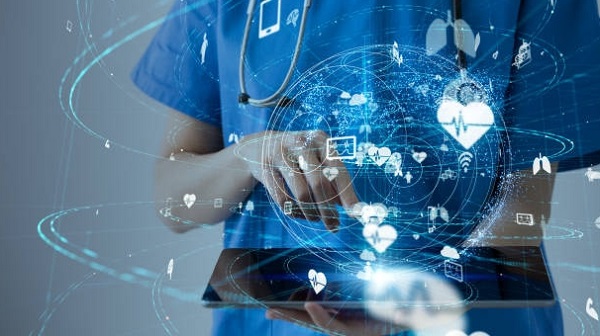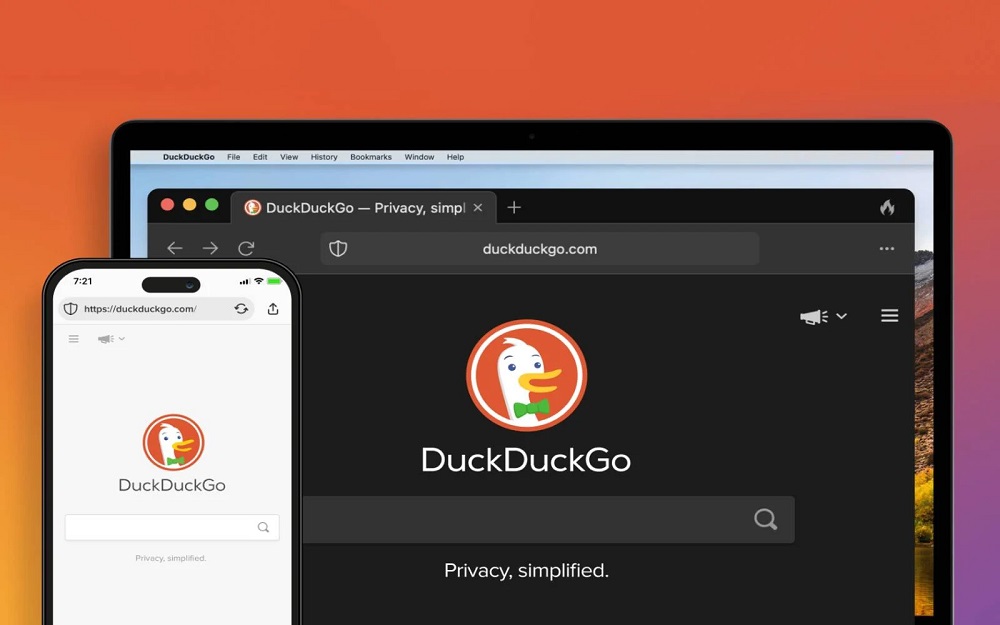In today’s interconnected world, the management and security of personal medical data have become paramount. With the rapid advancement of technology, personal health information is increasingly digitized and stored in various electronic systems. Emergency medical situations necessitate rapid access to this critical data for timely and effective treatment. However, this digital transformation also brings significant challenges in terms of data security and privacy. Medical Information Service Providers (MISPs) play a pivotal role in addressing these challenges by ensuring the secure storage, transmission, and accessibility of personal medical data during emergencies.
This article explores the critical role of MISPs in securing personal medical data within emergency systems, highlighting their importance in maintaining the confidentiality and integrity of this sensitive information.
the Growing Importance of Personal Medical Data
Personal medical data encompasses a wide range of information, including patient medical history, prescription records, diagnostic test results, and treatment plans. In emergency situations, timely access to this data can be a matter of life and death. For instance, a paramedic responding to a car accident needs immediate access to the injured person’s medical history to make informed decisions about treatment. In these critical moments, seamless access to accurate and up-to-date medical data can significantly impact patient outcomes.
The digitalization of personal medical data has brought about numerous advantages. Electronic Health Records (EHRs) allow healthcare providers to easily access and share patient information, reducing errors and improving the quality of care. Telemedicine has enabled remote consultations and monitoring, enhancing healthcare accessibility. However, these digital systems also pose significant security and privacy risks.
challenges in Securing Personal Medical Data
- Cybersecurity Threats: Personal medical data is a lucrative target for cybercriminals. The value of this data on the dark web makes it a prime target for data breaches, identity theft, and fraud. Medical facilities and organizations are frequent targets of ransomware attacks, where cybercriminals encrypt sensitive data and demand payment for its release.
- Data Breaches: Despite efforts to secure electronic health records, data breaches continue to occur. These breaches can expose personal medical data to unauthorized individuals, leading to privacy violations and potential harm to patients. A single breach can affect thousands or even millions of patients.
- Interoperability Challenges: The healthcare industry often struggles with interoperability issues, making it difficult to seamlessly share medical information across different systems and providers. This lack of integration can hinder timely access to critical medical data during emergencies.
- Patient Consent and Control: Patients should have control over who accesses their medical data and for what purposes. Balancing the need for quick access during emergencies with respect for patient consent is a complex challenge.
The Role of Medical Information Service Providers (MISPs)
A Medical Information Service Provider is a specialised entity that offers services related to the management, storage, and secure transmission of personal medical data. They serve as intermediaries between healthcare providers, patients, and emergency responders, ensuring that medical data is both accessible and protected when it is needed most.
- Data Encryption: MISPs employ state-of-the-art encryption techniques to safeguard medical data. This ensures that even if data is intercepted, it remains unreadable to unauthorized parties. Encryption is a crucial defence against cyberattacks and data breaches.
- Access Controls: MISPs implement strict access controls to ensure that only authorised individuals can access personal medical data. These controls are essential to maintaining patient privacy and complying with data protection regulations like HIPAA (Health Insurance Portability and Accountability Act) in the United States.
- Data Backup and Redundancy: MISPs maintain redundant systems and backup data to prevent data loss due to technical failures or cyberattacks. This redundancy ensures that critical medical information remains accessible even in adverse circumstances.
- Interoperability Solutions: Many MISPs offer interoperability solutions to facilitate the exchange of medical data across different healthcare systems and platforms. This helps emergency responders access relevant patient information regardless of where it is stored.
- Patient Consent Management: MISPs often provide tools for managing patient consent and preferences regarding the sharing of their medical data. This allows patients to have a say in who can access their information and for what purposes.

miSP Challenges and Concerns
While MISPs are instrumental in securing personal medical data in emergency systems, several challenges and concerns need to be addressed:
- Regulatory Compliance: MISPs must comply with a myriad of healthcare regulations, such as HIPAA in the United States or GDPR (General Data Protection Regulation) in Europe. Ensuring compliance while maintaining the flexibility needed for emergency access can be complex.
- Data Ownership and Consent: Determining who owns the medical data and how patient consent is managed remains contentious. Striking the right balance between access in emergencies and patient control is an ongoing challenge.
- Data Security Evolving Threats: Cybersecurity threats are continually evolving, requiring MISPs to stay updated with the latest security measures and technologies.
- Data Portability: Patients may need to switch healthcare providers or MISPs. Ensuring smooth data portability while maintaining security is a challenge.
Conclusion
Securing personal medical data in emergency systems is of utmost importance in modern healthcare. Medical Information Service Providers (MISPs) play a pivotal role in addressing the challenges of data security, privacy, and access in critical situations. Through robust encryption, access controls, data backup, and interoperability solutions, MISPs enable emergency responders and healthcare providers to access the right information at the right time, ultimately improving patient outcomes.
As the healthcare industry continues to evolve and digitize, the role of MISPs will become increasingly crucial. However, this evolution must be accompanied by careful consideration of regulatory compliance, data ownership, and consent management to strike the right balance between access and privacy. By leveraging the expertise of MISPs and adopting best practices in data security, the healthcare sector can ensure that personal medical data remains secure, even in the most critical of moments.




